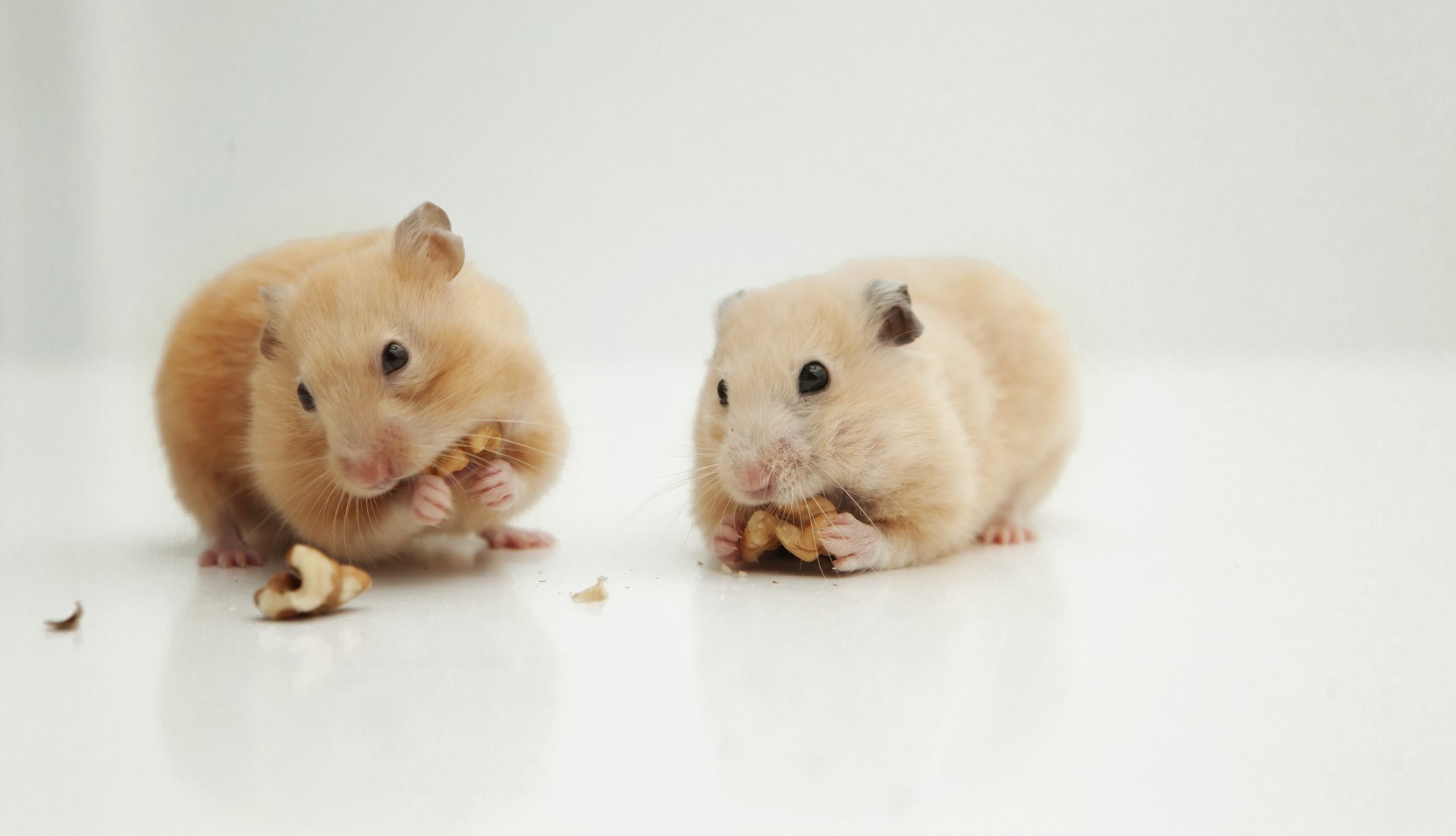Germans taking part in coronavirus panic-hoarding are doing a “Hamsterkauf”
There are even empty supermarket shelves in Germany amid the coronavirus outbreak, and of course there’s a good German word to describe the act of panic hoarding.


There are even empty supermarket shelves in Germany amid the coronavirus outbreak, and of course there’s a good German word to describe the act of panic hoarding.
The word Hamsterkauf, a noun made up of “hoarding” (hamstern) and “buy” (kaufen) has been trending on social media as people share photos of store shelves cleared out of food and other household items. The word “hamstern” comes from the hamster, which stores food in its cheeks.
German magazine Der Spiegel reported (link in German) on Feb. 28 that the “first signs of Hamsterkauf” had been seen in Germany, citing discount retailers Aldi and Lidl. Among the items being hoarded are tinned goods and pasta, as well as toilet paper and disinfectants.
At least 129 people have tested positive for Covid-19 in Germany, with the number of cases doubling yesterday. More than half are in North Rhine-Westphalia, which counts Düsseldorf, Cologne, and Dortmund as its biggest cities.
Austria is also seeing instances of Hamsterkauf (link in German), after it reported two cases of coronavirus in the western Tyrol state, which borders Italy, the European country hardest hit by the epidemic.
According to German newspaper Welt (link in German), however, the federal government has not yet recommended that people make specific preparations linked to Covid-19, but it does have a large general list of food and other items, lasting for 10 days, that people should have at home in case of emergencies. These include bread, potatoes, pickles, tinned fruit, UHT milk, wound disinfectants, painkillers, toilet paper, and soap.
The “Hamsterkauf list” (link in German), as the recommendations are known, was updated in 2016 for the first time since the Cold War as part of new civil defense guidelines. Opposition politicians criticized the update as scaremongering at the time, and some people posted pictures of empty supermarket shelves under the hashtag Hamsterkauf to poke fun at the list.
And in more normal times, according to website TheLocal.de, the term Hamsterkauf is more often used to describe the act of stockpiling ahead of store closures on weekends.
Correction: An earlier version of this article identified Tyrol as being in the south, rather than the west, of Austria.